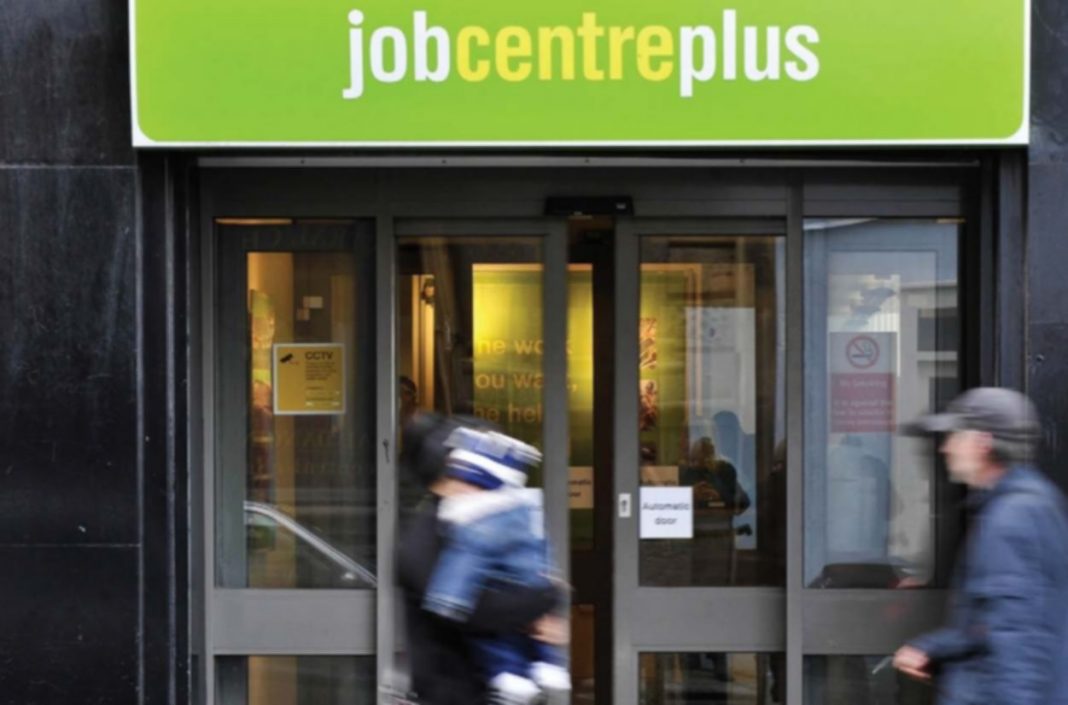A group of cross-party MPs sitting on the Commons Public Accounts Committee has found that benefit sanctions can vary a great deal depending on which part of the country claimants live in and which private company is responsible for getting them into work.
The MPs – which include Bridget Phillipson, the Labour MP for Houghton and Sunderland South, and Anne-Marie Trevelyan, the Conservative MP for Berwick – have been investigating the practice of cutting the benefits of unemployed people who are accused of not making enough effort to look for work.
Benefit sanctions are also applied to unemployed people who refuse offers of training or arrive late for appointments.
The MPs found that sanctions can be administered very differently in different areas. In certain parts of the north east, claimants were three times more likely to be sanctioned than people in other parts of Britain.

For example, in the north east there were around 2.25 referrals for every benefit claimant in the last five years, but in the south west there were only 0.7 referrals.
A referral is when a private company with a contract for getting people into work reports a benefit claimant to the Department of Work and Pensions and recommends that sanctions be imposed.
Different private companies, however, can have different referral rates. In the north east, two companies have been given responsibility for getting people off benefits. One company has, on average, made 2.5 referrals per claimant during the last five years while the other has only made two per claimant during the same period.
The Commons Public Accounts Committee said, “We know that sanctions encourage some people into work, but sanctions have increased in severity in recent years and can have serious consequences such as debt, rent arrears and homelessness.”
“It is therefore important that the Department (of Work and Pensions) uses sanctions carefully and protects vulnerable people from unnecessary hardship.”
“There is an unacceptable variation in the Department’s use of sanctions, so claimants are being treated differently depending on where they live.”
The Chair of the Committee, Meg Hillier, said, “Benefit sanctions have been used as a blunt instrument by the government. It is an article of faith for the Department of Work and Pensions that sanctions encourage people into work.”
“The reality is far more complex and the potential consequences severe.”
The Committee has demanded that the Department of Work and Pensions investigate these issues and report back to it before the end of the year.
Around 25% of those claiming job seekers allowance are sanctioned at least once. About 400,000 benefit sanctions were administered in 2015.
Sanctions usually last for four weeks and, on average, lead to a claimant losing about £300.
A number of voices have been raised against the government’s treatment of benefit claimants. The National Audit Office, which monitors government spending, recently produced a report highlighting discrepancies in how sanctions are applied in different parts of the country.
Speaking in the House of Lords, the Bishop of Newcastle, the Right Reverend Christine Hardman, said, “Given that the National Audit Office has today said that there is limited evidence that benefit sanctions work, but rather that they result in hardship, hunger and depression, can the minister update the house as to whether the government will now commit to a substantial review of the use and implementation of sanctions.”
Ken Loach, the director whose film I, Daniel Blake recently won a BAFTA for Outstanding British Film, said, “The most vulnerable and the poorest people are treated by this government with a callous brutality that is disgraceful.”
A Newcastle jobcentre manager, however, recently criticised I, Daniel Blake – which follows the struggles of an unemployed Newcastle craftsman – saying that benefit sanctions are only applied as a last resort.




















